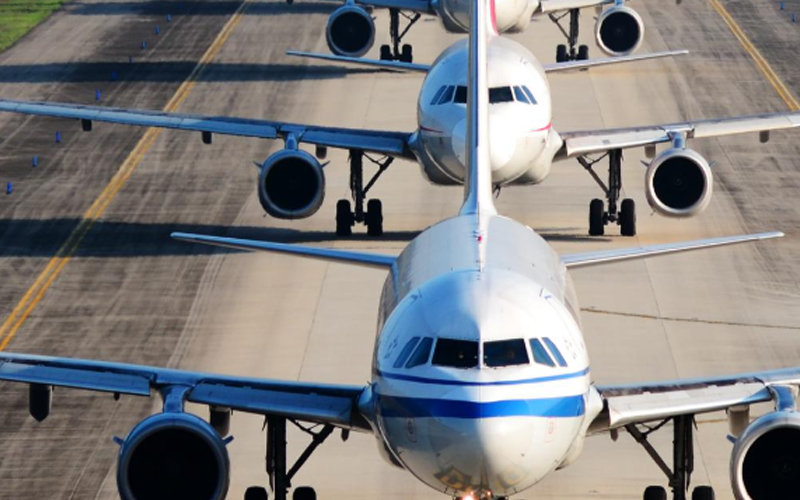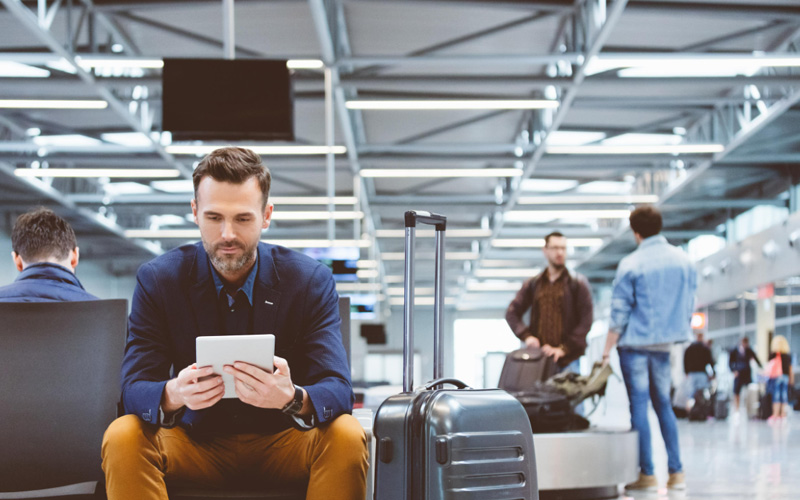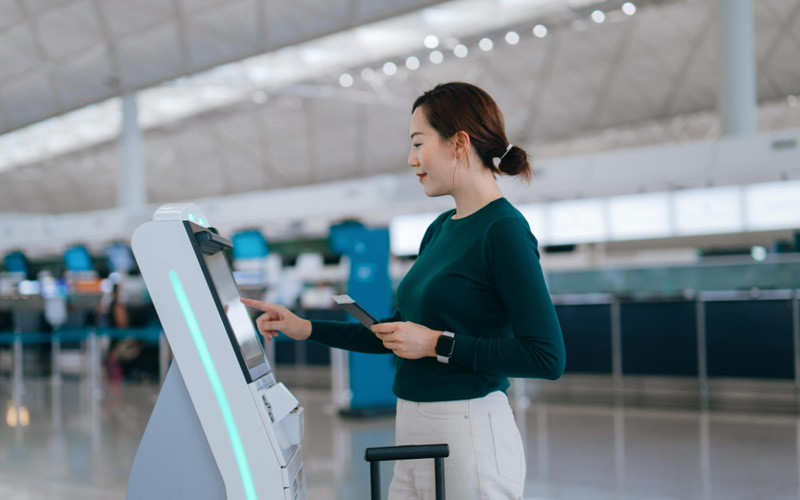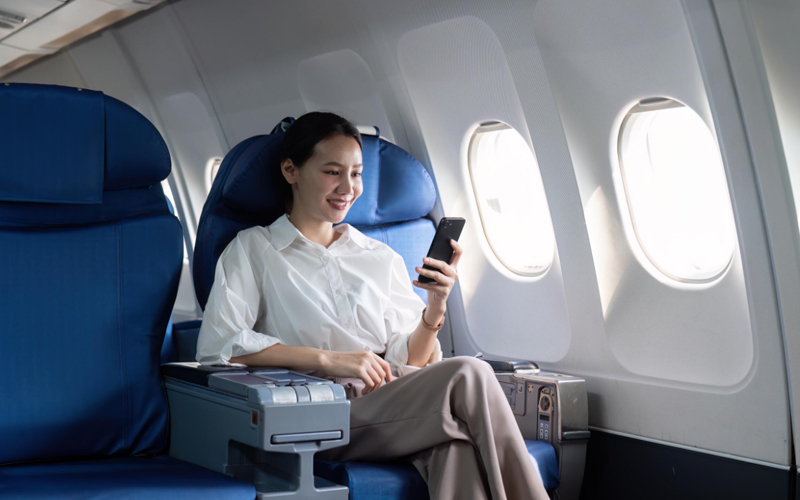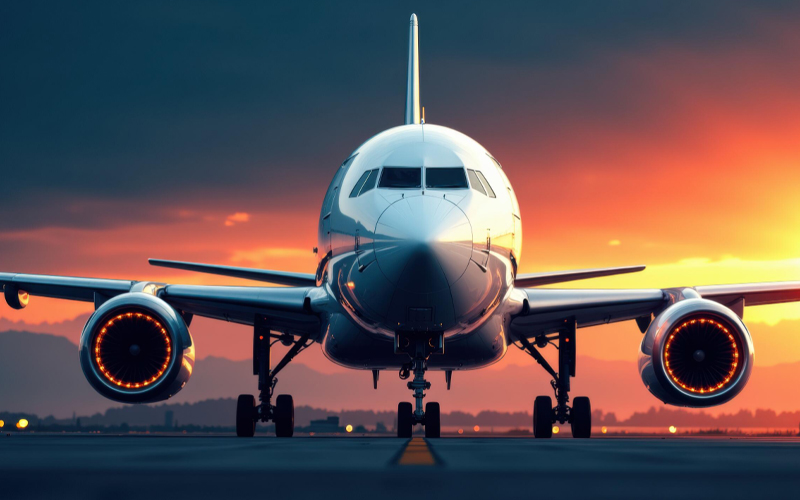What sets hotel loyalty programmes apart from their airline cousins is their knack for enhancing the entire travel experience. What was once a simple system for earning points has now become a sophisticated, multi-channel experience designed to enhance every aspect of the traveller’s journey. With the right approach, hotel brands can create unique, personalised experiences that not only increase customer satisfaction but also build lasting loyalty.
This article explores how hotel brands can embrace innovation to unlock the full potential of their customer loyalty programmes, turning occasional guests into dedicated brand advocates.
Challenges hotels face with loyalty programmes
Several significant challenges impact the effectiveness of hotel loyalty programmes and customer satisfaction:
Dynamic pricing: Dynamic pricing diminishes the value of rewards by increasing point requirements for popular destinations. For example, the points needed for a free night rise when the demand rises, frustrating loyal customers.
Inconsistent benefits: Perks such as lounge access and upgrades vary across different properties, even within the same brand. This leads to confusion and undermines the reliability of the loyalty programme experience.
Increased competition: Competition has intensified from loyalty memberships issued by airlines, car rentals, and credit card partnerships. This makes it harder for members to redeem points for desirable perks, reducing the overall appeal of the programme.
From points to personalisation
Hotels can attract guests and foster long-term loyalty by leveraging AI, data analytics, mobile apps, and more. Here’s how these technologies can help:
Generative AI
GenAI enhances loyalty programmes by collecting real-time customer data and personalising rewards based on individual preferences. This drives more accurate pricing, better revenue management, and targeted promotions, boosting both efficiency and customer satisfaction. AI automation further improves the precision of these strategies, ensuring optimal outcomes.
Data analytics for loyalty programme rewards
Consumers in the hotel industry value personalisation 5–10 percentage points above the cross-industry average. By analysing booking patterns, preferences, and feedback, hotels can deliver highly personalised experiences. Business travellers might enjoy meeting room discounts, while leisure guests could receive spa vouchers or curated local experiences. Machine learning can also predict guest needs, offering exclusive deals based on past behaviours.
Simplifying reward structures via mobile apps
Mobile apps enhance loyalty programmes by providing real-time reward access and seamless redemption. Guests can track the points and the progress and redeem perks like upgrades or dining discounts. With 80% of consumers valuing flexibility in rewards, integrating mobile apps and digital platforms ensures a smooth, user-friendly experience.
Leveraging AI for unique experiences
By analysing guest behaviour, AI can recommend tailored activities, dining options, or local attractions. It can also personalise room settings such as lighting, temperature, and bedding to enhance comfort. AI-powered chatbots ensure 24/7 support, creating a round-the-clock personalised experience.
Enhancing engagement with gamification
Gamification adds a fun element to loyalty programmes, motivating guests to participate actively. Hotels can create tiered challenges, such as staying a certain number of nights or using specific hotel services, to unlock rewards. Interactive features encourage guests to engage more frequently and strive for more rewards.
Building strategic partnerships via integration
Points sharing between hotels and airlines, for instance, allows seamless transfers, while cross-brand rewards with retailers or lifestyle brands expand redemption options. Co-branded credit cards linked to loyalty programmes also help members earn points on everyday purchases, encouraging repeat bookings.
Promoting sustainability with IoT
Smart room features, such as automated lighting and temperature controls, align with sustainability goals, enhancing both guest satisfaction and environmental impact. Hotels can reward guests for eco-friendly behaviours, like opting out of daily housekeeping or using energy-efficient amenities.
Improving guest communication via CRM systems
Customer relationship management (CRM) systems can analyse guest profiles and send personalised messages, such as exclusive offers, special occasion discounts, or event invitations tailored to individual preferences.
Ensuring data privacy and security
Hotels must invest in robust security measures to protect guest data. This includes advanced encryption systems and compliance with regulations like GDPR to safeguard personal information, ensuring guests feel secure when engaging with loyalty programmes.
Why hotel loyalty programmes matter to decision-makers
For industry leaders, hotel loyalty programmes are a golden opportunity to stand out. By understanding which rewards resonate most with customers, hoteliers can fine-tune their strategies to improve customer satisfaction. Loyal customers can drive conversion rates of 60% to 70%, while new customer conversions typically range from just 5% to 20%. This makes loyalty programmes a powerful strategy.
Decision-makers must invest in seamless tech that enables them to listen to their guests and offer meaningful rewards. With this, they can bring flexibility, value, and a sense of being special to their experience.
How can Infosys BPM enhance your hotel loyalty programmes?
Infosys BPM enhances hotel loyalty programmes with AI-driven personalisation, seamless onboarding, and fraud prevention. Advanced analytics optimise rewards, while biometric authentication ensures security. By leveraging proven methodologies, Infosys BPM helps hotels create engaging, secure, and efficient loyalty experiences that drive customer retention and satisfaction.



